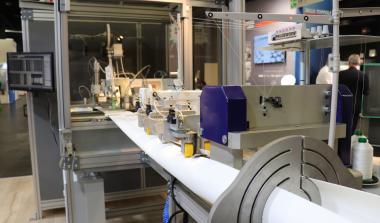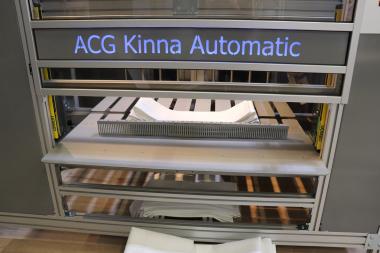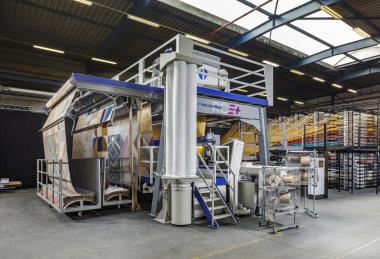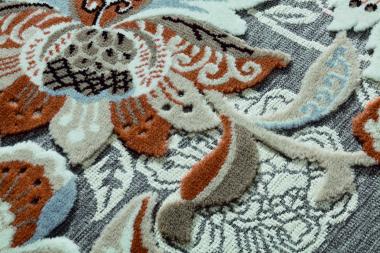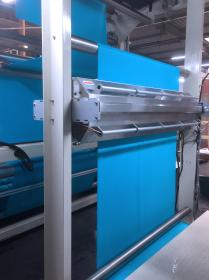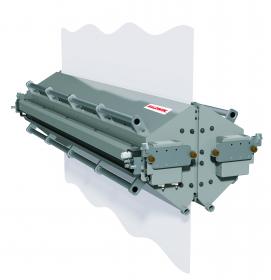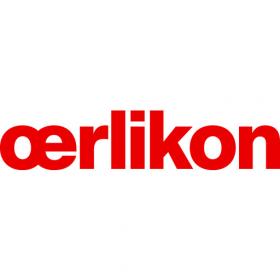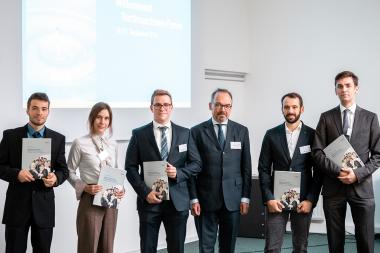Energy efficiency in textile dyeing and finishing - VDMA continues technology webtalks
- Energy efficiency will be the topic of VDMA’s next edition of Textile Machinery Webtalks on 27 August 2020 (2 pm - 4 pm CEST).
Efficient energy management is of increasing importance in textile dyeing and finishing. Innovative machine designs with minimal water and energy consumption as well as the recovery and use of the heat energy produced in the processes represent valuable potential savings for any modern company.
The presenters at a glance:
- Ludger Sommer, Thies, will show how to manage heat energy in wetprocessing.
- Benjamin Schnabel, Brückner Textilmaschinen is going to demonstrate how to make one of the most energy consuming processes in textile manufacturing more sustainable, eco-friendly and cost effective.
- Fabian Buckenmayer, PLEVA Sensors and Controls will inform about the specific opportunities for an energy-efficient textile production via measuring and controlling process parameters.
After the presentations, the experts will be available to answer the participants' questions. The webtalk series is very well received by the textile industry. During the first three webtalks, VDMA welcomed almost 900 registered participants from more than 50 countries. Registration is still possible.
VDMA e. V. Textilmaschinen








